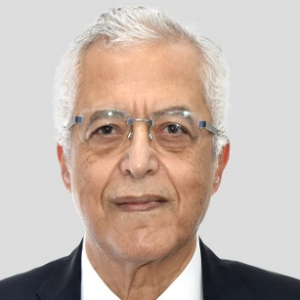Disease-Specific Regenerative Medicine
Precision approaches are driving innovation in disease-specific regenerative medicine, where therapies are designed to meet the distinct requirements of conditions like Parkinson’s, type 1 diabetes, and osteoarthritis. By targeting disease mechanisms, researchers employ tailored stem cell lines, responsive scaffolds, and signaling molecules to regenerate affected tissues more effectively. Integration of genetic profiling and cellular engineering enables treatments that address not only structural damage but also underlying pathophysiology. Disease-specific regenerative medicine brings personalized medicine closer to reality by aligning molecular pathology with regenerative tools. This targeted approach reduces risks of immune rejection and improves therapeutic efficacy, especially in chronic and degenerative conditions with limited treatment options.

Nagy Habib
Imperial College London, United Kingdom
Lucie Bacakova
Institute of Physiology of the Czech Academy of Sciences, Czech Republic



Title : AI-integrated high-throughput tissue-chip for space-based biomanufacturing applications
Kunal Mitra, Florida Tech, United States
Title : Stem cell technologies to integrate biodesign related tissue engineering within the frame of cell based regenerative medicine: towards the preventive therapeutic and rehabilitative resources and benefits
Sergey Suchkov, N.D. Zelinskii Institute for Organic Chemistry of the Russian Academy of Sciences, Russian Federation
Title : In vitro evaluation of lyophilized Dedifferentiated Fat cells (DFAT) impregnated artificial dermis
Kazutaka Soejima, Nihon University, School of Medicine, Japan
Title :
Nagy Habib, Imperial College London, United Kingdom
Title :
Alexander Seifalian, Nanotechnology & Regenerative Medicine Commercialisation Centre, United Kingdom
Title : The regenerative medicine of the future
Marco Polettini, DVM, Italy